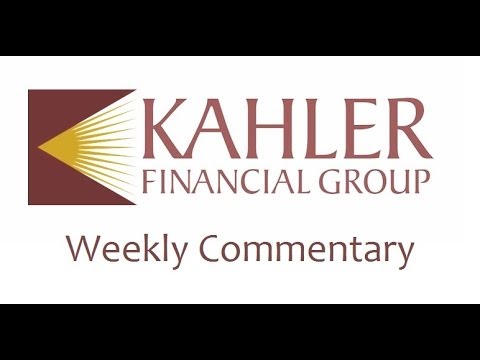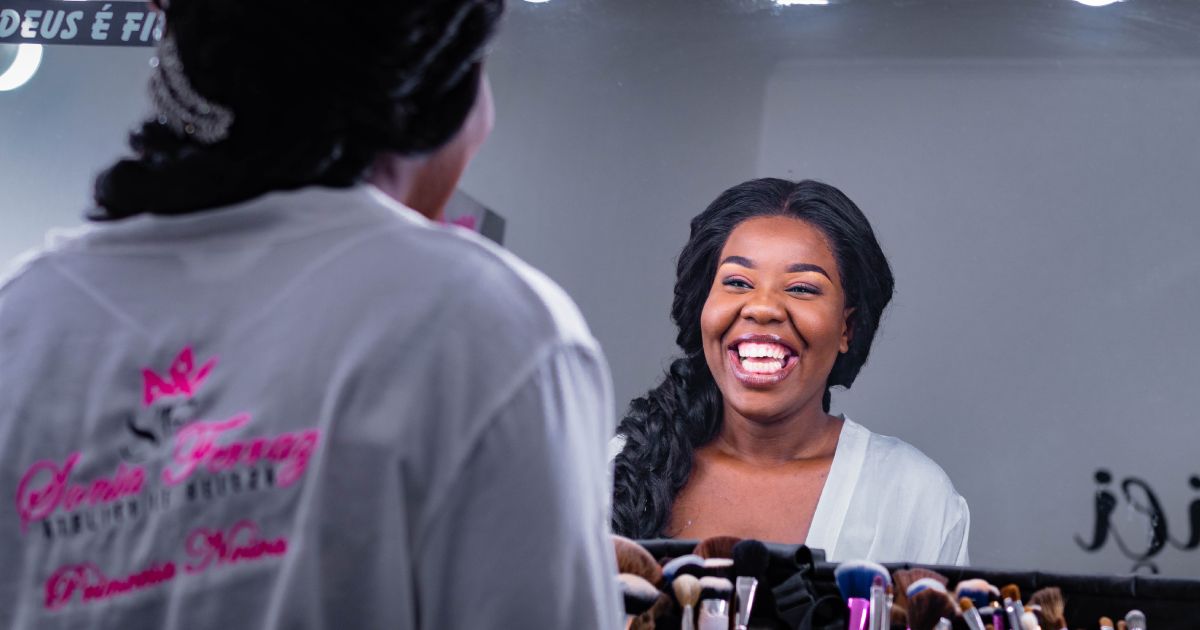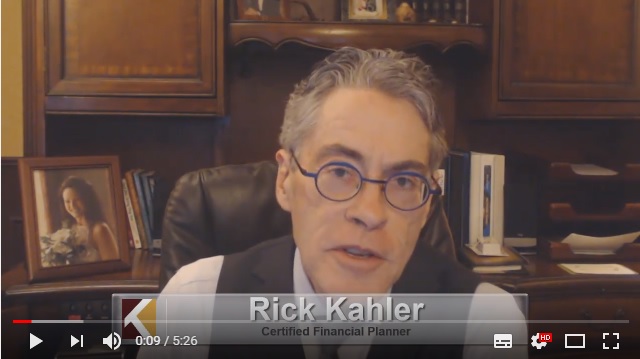The following blog is by Rick Kahler originally published in Rick Kahler’s Blog – Financial Awakenings.
It turns out money can buy happiness, after all—sometimes.
Having a good income and the security of money invested for the future don’t insure happiness, of course. They do, however, give us a foundation that can make it easier to find happiness. Part of the secret to using money to foster happiness is knowing what to spend it on.
Spending money to lift your mood—the whole “retail therapy” idea—does not lead to happiness. It provides only a momentary sense of pleasure, which often in the long run fosters unhappiness.
Yet there are ways to spend money that do create happiness. Here, based in part on several posts about money and happiness by Dr. Jeremy Dean on his site Psyblog, are a few of them:
1. Experiences
Research says you will find greater happiness spending your money on experiences rather than on stuff. Experiences live in our memories much longer and give us more emotional enjoyment than things, which can quickly lose their importance. In fact, just the anticipation of planning an experience often creates happiness. And if you want to take the happiness level up a notch, take a friend along with you.
2. Exercise
The number-one strategy people can use to feel better, increase energy levels, and reduce tension is exercise. Exercising can mean spending money on a gym membership, a personal trainer, and equipment. However, exercising can also be inexpensive. Walking, for example, requires little more than a pair of good walking shoes and—at least here in South Dakota—a warm winter coat.
3. Stuff that will provide you experiences
Buying things that create or are necessary for experiences count as happiness spending. Music is an experience that research says is a mood enhancer; even sad music can bring pleasure. Spending money on music might mean buying concert tickets, but it could also mean buying recordings, an iPod, smartphone, speakers, and similar equipment.
4. Stuff that supports doing what you’re good at
What are you good at and really enjoy? PsyBlog says spending money for things you excel at typically creates happiness. A set of golf clubs and a budget for green fees could be a great purchase if you’re good at golf—or even if you aren’t so good at the game but you enjoy it for the exercise and time with friends. The same goes for buying things to support hobbies, such as art supplies, garden plants, or quilting fabrics. Maybe you enjoy helping others, so charitable giving or spending money on volunteer opportunities would increase your happiness. I love researching almost anything, so spending money on research data can be a mood lifter for me.
5. Coaching/Therapy
Few things are more valuable for long-term happiness than hiring a good coach or therapist. Research shows talk therapy to be as effective as or better than antidepressants. In my co-authored book, Conscious Finance, I describe how spending $80,000 on therapy was the best investment I ever made in my own happiness and well-being.
6. Meditation
The biggest happiness bang for your buck might come from meditation. It isn’t free, but it’s very inexpensive. You will need to attend a class or buy an instructional video or book. I recommend “Open Heart, Open Mind” by Thomas Keating, but there are many others.
While we know that money by itself isn’t a source of happiness, we also know that having enough moneyto comfortably meet our basic needs does make us happier. In addition, we can consciously choose to spend in ways that buy happiness. Such investments may not provide financial returns, but they can provide significant happiness returns.
About the author: Rick Kahler, Certified Financial Planner™, MS, ChFC, CCIM, is president & founder of Kahler Financial Group and co-founder of the Healing Money Issues Workshop. To know more about him, visit his blog: http://www.financialawakenings.com/







0 Comments